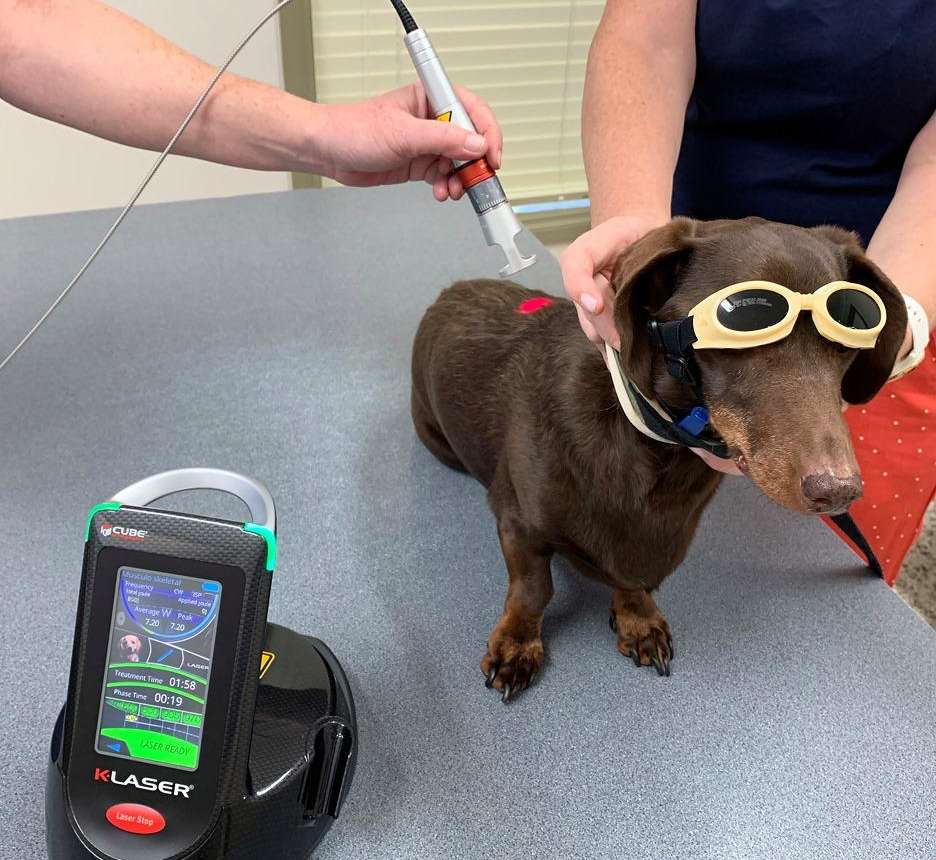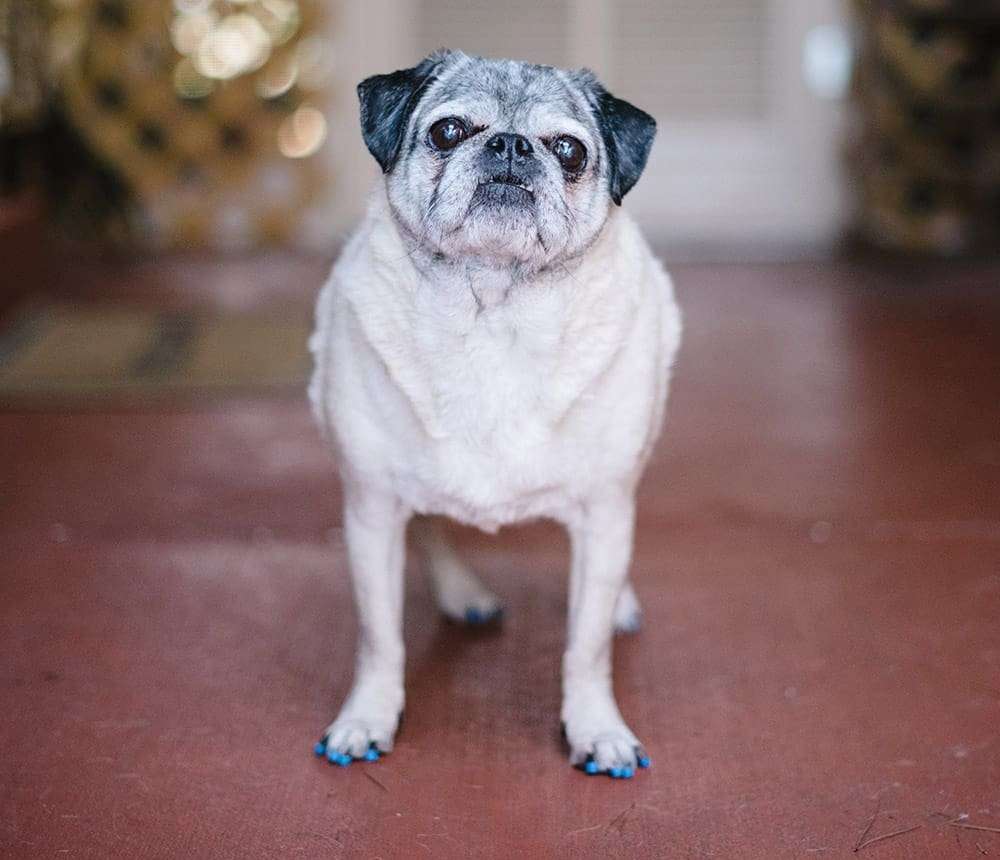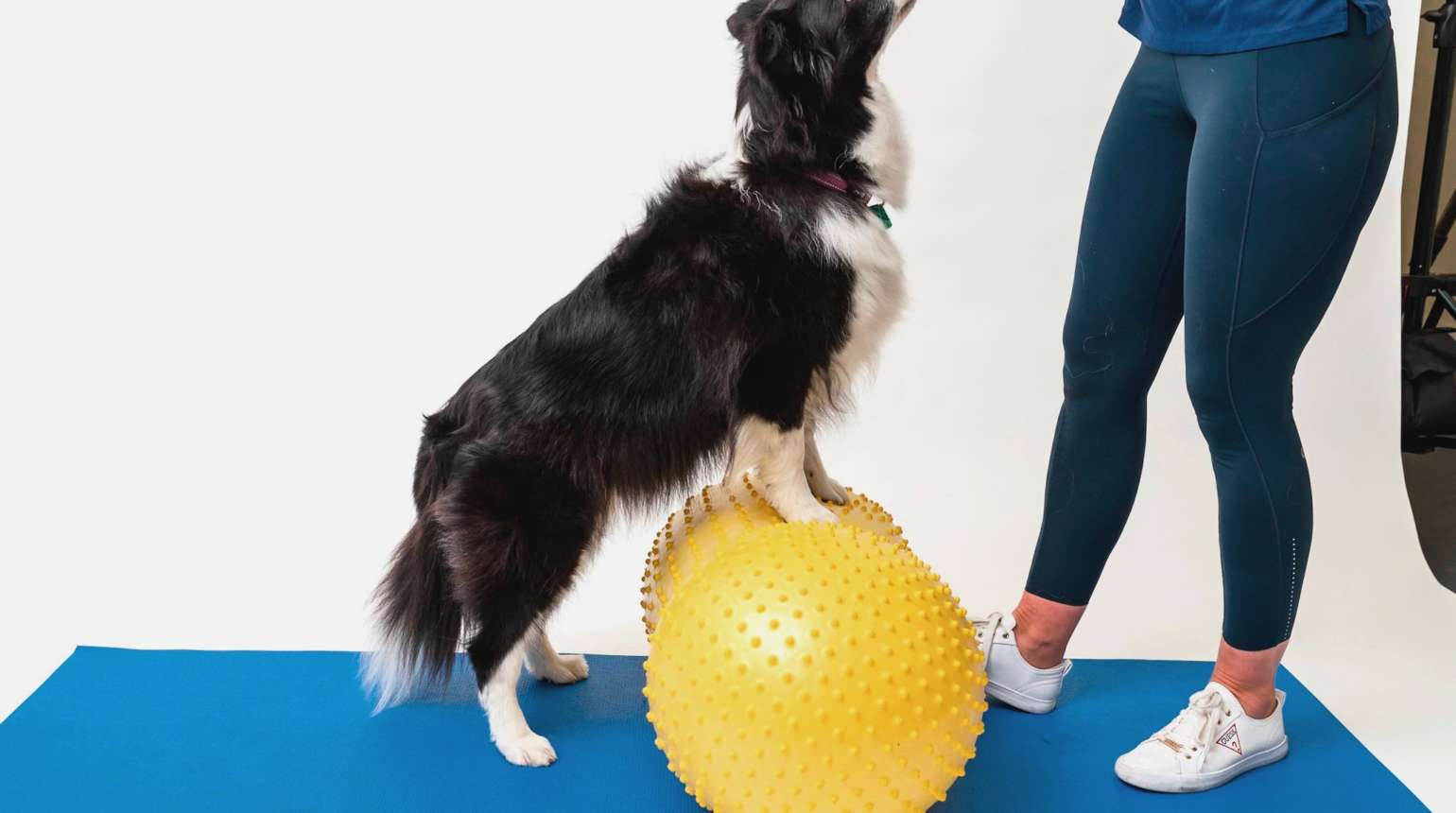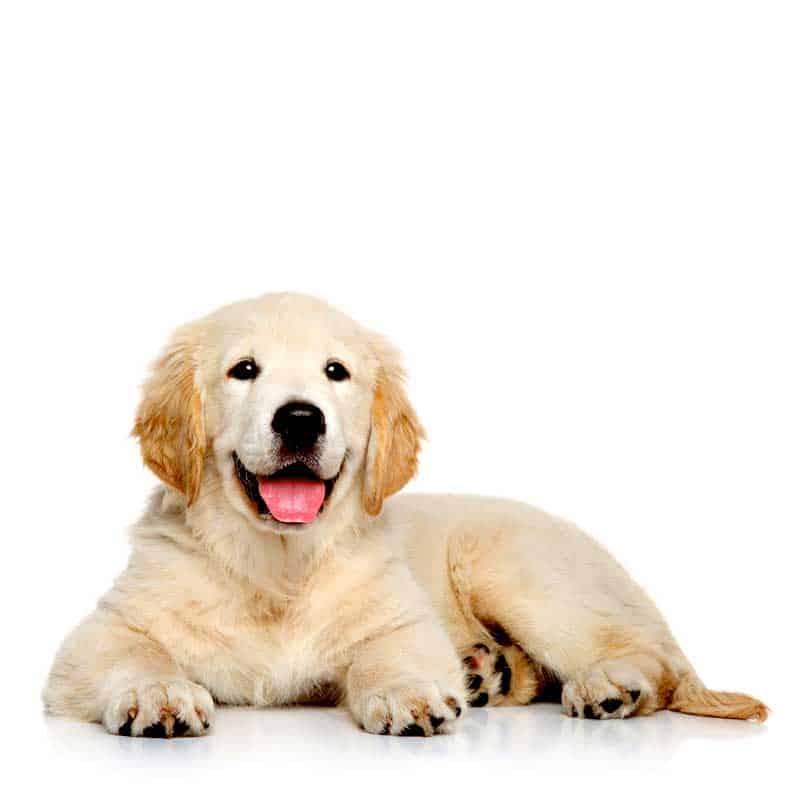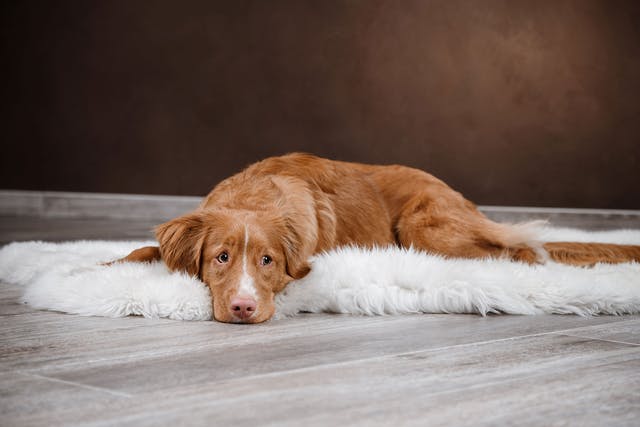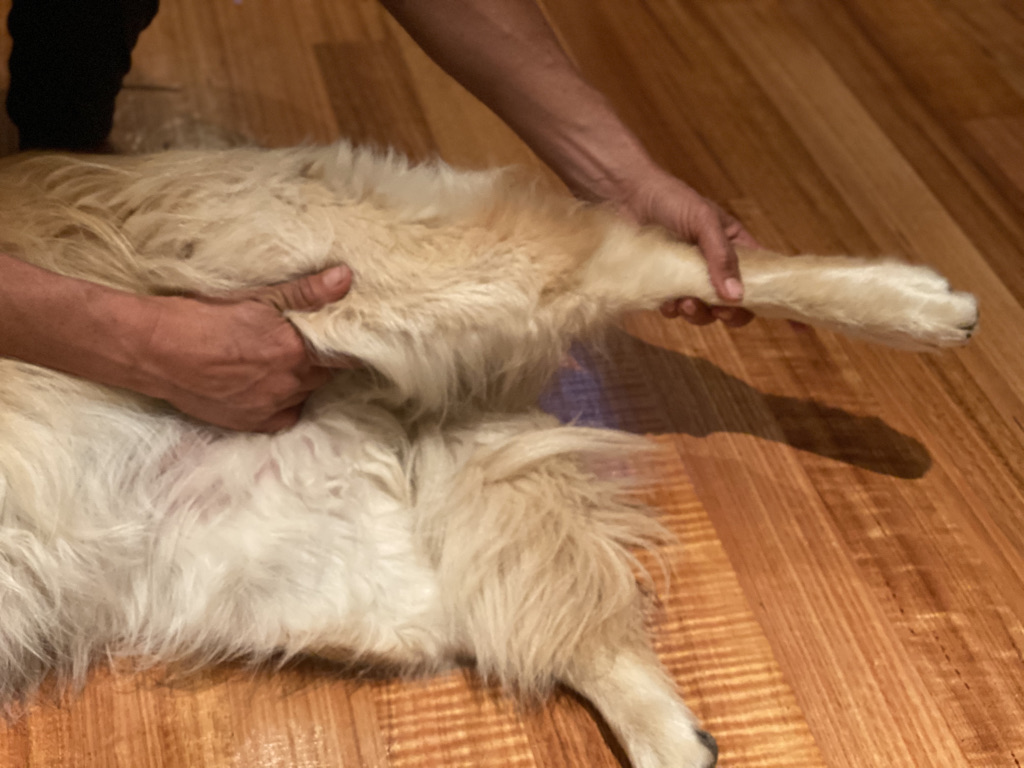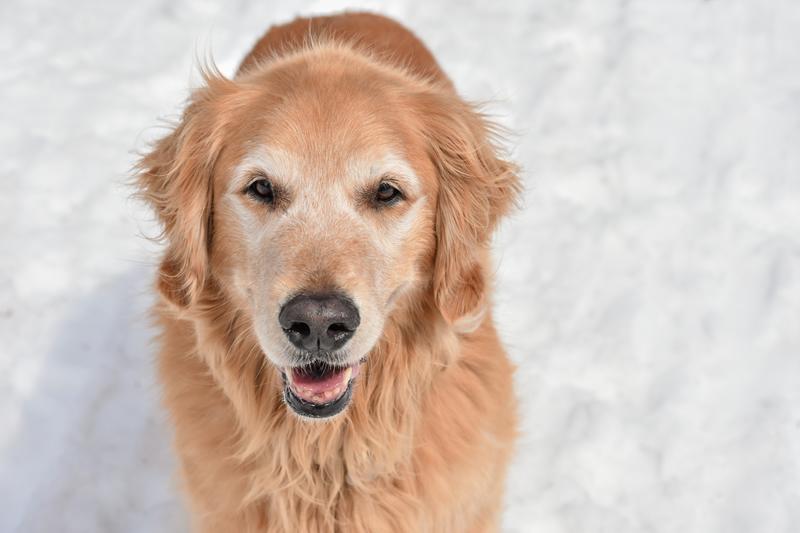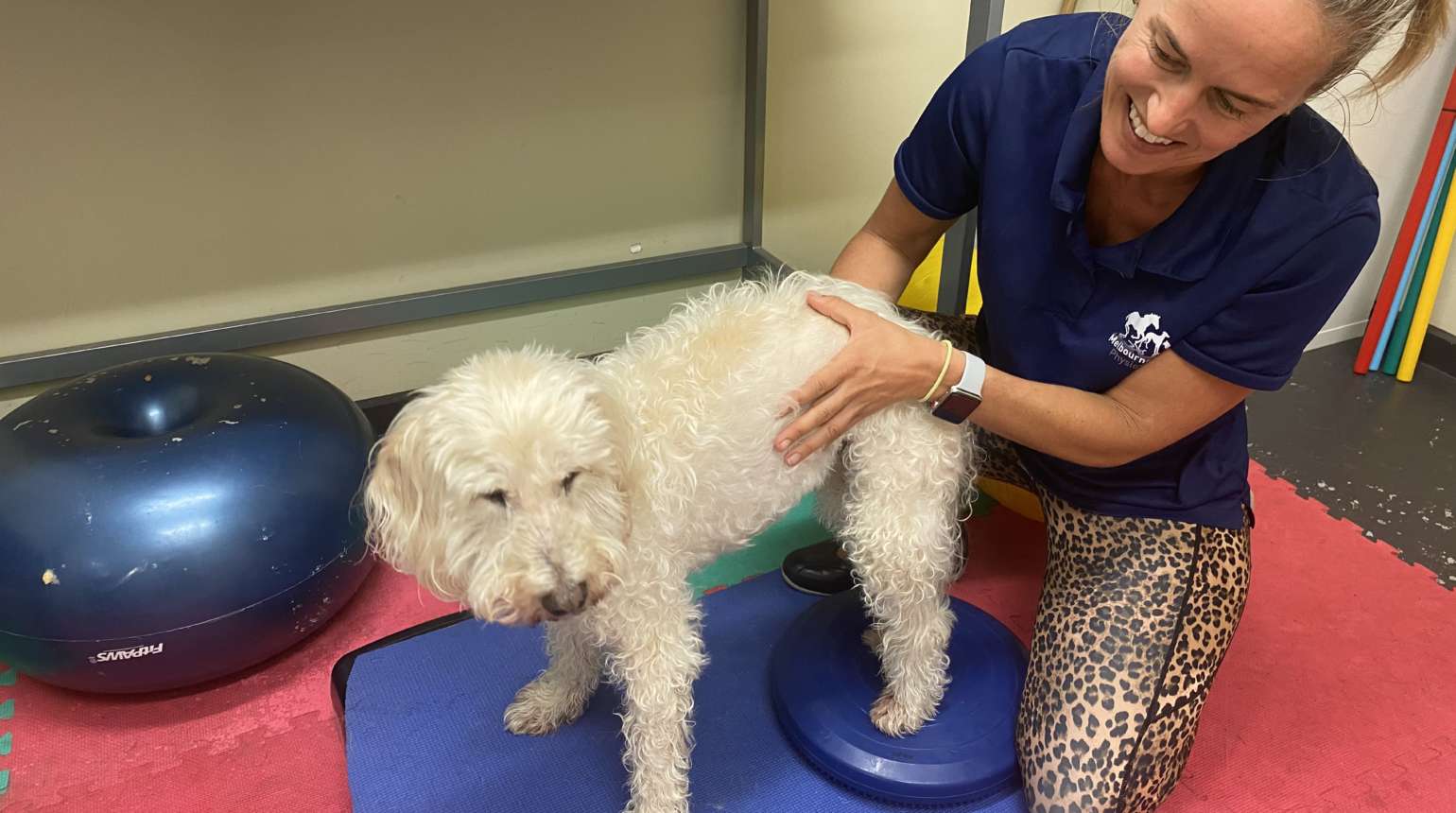Whether your dog has surgery or not, your dog will benefit from rehabilitation by a qualified animal physiotherapist. Services are usually available by referral from your own vet or surgeon, but are not essential. You may commence physio therapy at any stage in the recovery, as the treatment is tailored to the individual. Canine physiotherapy consists of a thorough evaluation…
